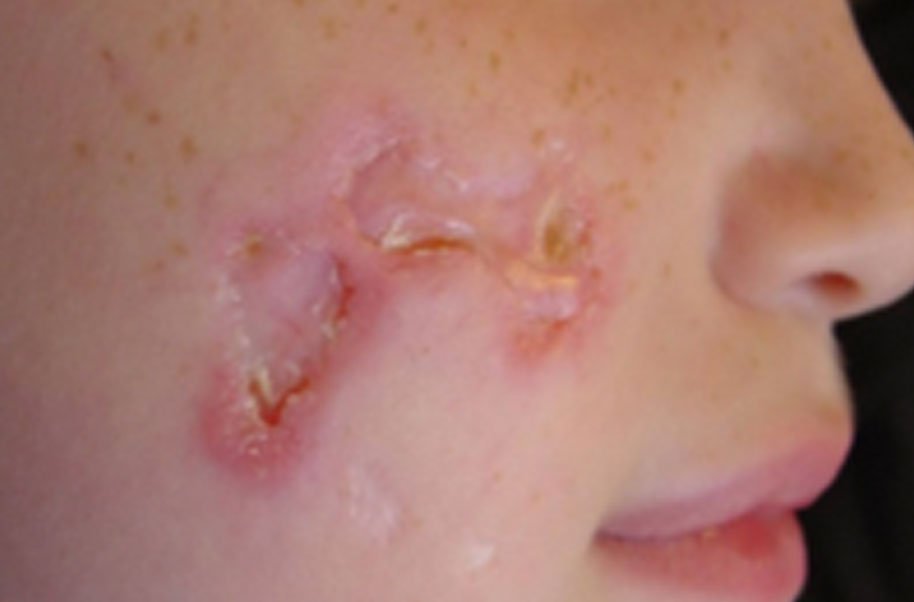Diagnosing and Treating EGPA (Churg-Strauss Syndrome)
Diagnostic Procedures To identify EGPA, medical professionals may conduct a variety of tests, such as:
- Blood Tests: These can reveal specific antibodies that hint at EGPA, though they don’t confirm it. They also measure eosinophil levels, which can be elevated due to other conditions like asthma.
- Imaging: X-rays and CT scans can detect lung and sinus irregularities. Echocardiograms may be recommended if heart failure symptoms appear.
- Biopsy: To confirm vasculitis, a biopsy of affected tissue, whether from the lungs, skin, or muscle, may be performed.
Treatment Approaches While there is no cure for EGPA, symptoms can be managed with medication.
- Corticosteroids: Prednisone is often prescribed to reduce inflammation. High doses are initially used to control symptoms, then gradually reduced to minimize side effects like bone loss, hyperglycemia, weight gain, cataracts, and infections.
- Other Immunosuppressants: In addition to corticosteroids, drugs like Mepolizumab (Nucala)—the only FDA-approved medication for EGPA—and others like Azathioprine, Benralizumab, Cyclophosphamide, Methotrexate, and Rituximab may be used, depending on the disease’s severity and affected organs.
Self-Care Strategies Long-term corticosteroid use requires careful management to avoid side effects:
- Bone Health: Ensure adequate intake of vitamin D and calcium, possibly through supplements.
- Physical Activity: Regular exercise helps maintain healthy weight and bone strength.
- Diet: A balanced diet with fruits, vegetables, and whole grains helps regulate blood sugar levels.
Support and Coping Living with EGPA involves:
- Education: Understanding the disease aids in managing complications.
- Support Network: Lean on family, friends, counselors, or support groups for people with EGPA.
Remember, these are general guidelines and should not replace medical advice. Always consult with your healthcare provider for personalized care.
Optimizing Your Medical Consultation for EGPA (Churg-Strauss Syndrome)
Scheduling Your Visit If you exhibit symptoms indicative of EGPA, promptly scheduling a consultation with your healthcare provider is crucial for a favorable prognosis.
Specialist Referral You may be directed to a specialist in vasculitis, such as a rheumatologist or immunologist. A pulmonologist’s expertise may also be sought due to the syndrome’s respiratory implications.
Pre-Appointment Preparations
- Dietary and Test Preparations: Inquire if dietary restrictions or post-test observations are necessary.
- Symptom and Medical History Documentation: Compile a comprehensive list of symptoms, their onset, and any other medical diagnoses.
- Medication Inventory: Record all medications, supplements, and their dosages.
- Previous Consultations: Bring summaries and X-ray copies from past medical consultations.
- Support Person: Consider bringing someone to assist in retaining the information discussed.
Questions for Your Physician
- What could be the primary cause of my symptoms?
- Are there alternative explanations for my condition?
- Which diagnostic evaluations are required?
- What treatment options are available?
- How can I adjust my lifestyle to alleviate or manage my symptoms?
- What is the frequency of follow-up appointments?
Anticipated Inquiries from Your Physician
- Have your symptoms, particularly those related to asthma, intensified over time?
- Are you experiencing respiratory distress or wheezing?
- Do you have sinus complications?
- Are you facing gastrointestinal issues like nausea or diarrhea?
- Have you noticed any numbness or weakness in your limbs?
- Have you experienced unintended weight loss?
- Do you have a history of allergies or asthma, and how long have they been present?
Conclusion Being well-prepared for your appointment can lead to a more efficient and effective visit, ensuring that all pertinent aspects of your condition are addressed. Remember, these guidelines are meant to support your preparation and should not replace direct medical advice.


